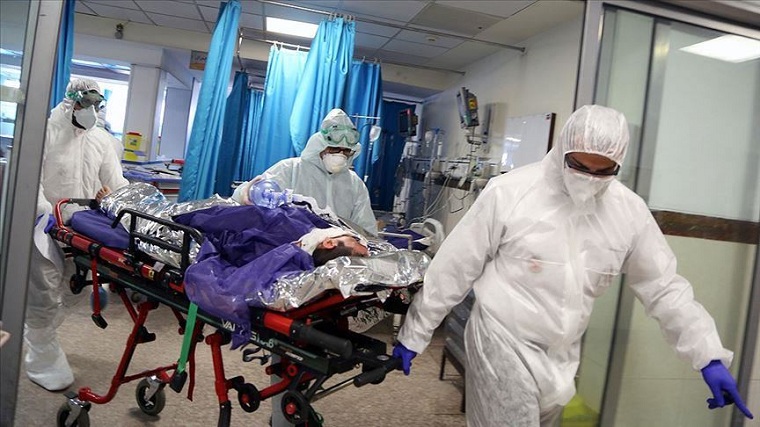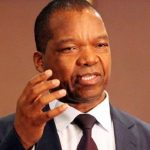 Intelligence agencies are used to making headlines when they fail to do their job. But after months of US President Donald Trump ignoring their warnings about COVID-19, and after years of his administration discounting their alerts about the danger of a pandemic more generally, it is time that intelligence professionals receive the credit they deserve.
Intelligence agencies are used to making headlines when they fail to do their job. But after months of US President Donald Trump ignoring their warnings about COVID-19, and after years of his administration discounting their alerts about the danger of a pandemic more generally, it is time that intelligence professionals receive the credit they deserve.
It should come as no surprise that Trump repeatedly dismissed intelligence about the threat of the coronavirus throughout January and February. Trump has long made clear that he has no patience for those who don’t pander to his views. When intelligence leaders contradicted him on several issues in their annual briefing to Congress last year, he told them to “go back to school.”
This year, the bill for Trump’s war on intelligence is coming due in the form of lost lives and overwhelmed health-care systems. US intelligence agencies had sounded the alarm and even provided the enemy’s battleplan, detailing precisely how a novel coronavirus pandemic would unfold. Still, the wannabe wartime president did nothing. Res ipsa loquitur – the negligence speaks for itself.
Most Americans will never see the raw intelligence and in-depth analysis that the president receives every day, nor can anyone who is not on the front lines appreciate the sheer breadth of national-security challenges that intelligence analysts and officers must follow. That is why the public briefings by intelligence leaders are so important, especially when they expose the president’s own willful ignorance.
Obviously, public briefings cannot lay out every detail about the issues the intelligence community tracks. But as someone who worked on dozens of unclassified briefings at the CIA, I know that professional analysts do their utmost to portray classified findings accurately, even as they protect their sources and methods.
Consider the annual threat briefing to Congress, which has been postponed indefinitely for this year. In delivering the assessment, the Director of National Intelligence offers a unified perspective drawn from a wide array of agencies whose primary job is to find facts and track their implications. In the 2019 briefing that so upset Trump, then-DNI Dan Coats reaffirmed the intelligence community’s conclusion that Russia had interfered in the 2016 election on Trump’s behalf, and warned that Trump’s bromance with North Korean dictator Kim Jong-un had not diminished that country’s nuclear ambitions.
More to the point, the DNI’s annual briefing has repeatedly warned about the risk of a global pandemic. The intelligence community first raised the alert immediately after President Barack Obama took office in January 2009, when then-DNI Dennis Blair testified that, “The most pressing transnational health challenge for the United States is still the potential for emergence of a severe pandemic, with the primary candidate being a highly lethal influenza virus.” Following the 2009 H1N1 (swine flu) outbreak, Blair doubled down in 2010, highlighting the potential for a pandemic to disrupt the economy. A “lack of consistent surveillance and diagnostic capability for diseases in animals,” he said, “undermines the United States’ ability to identify, contain, and warn about local outbreaks before they spread.”
Continued next page
(198 VIEWS)


